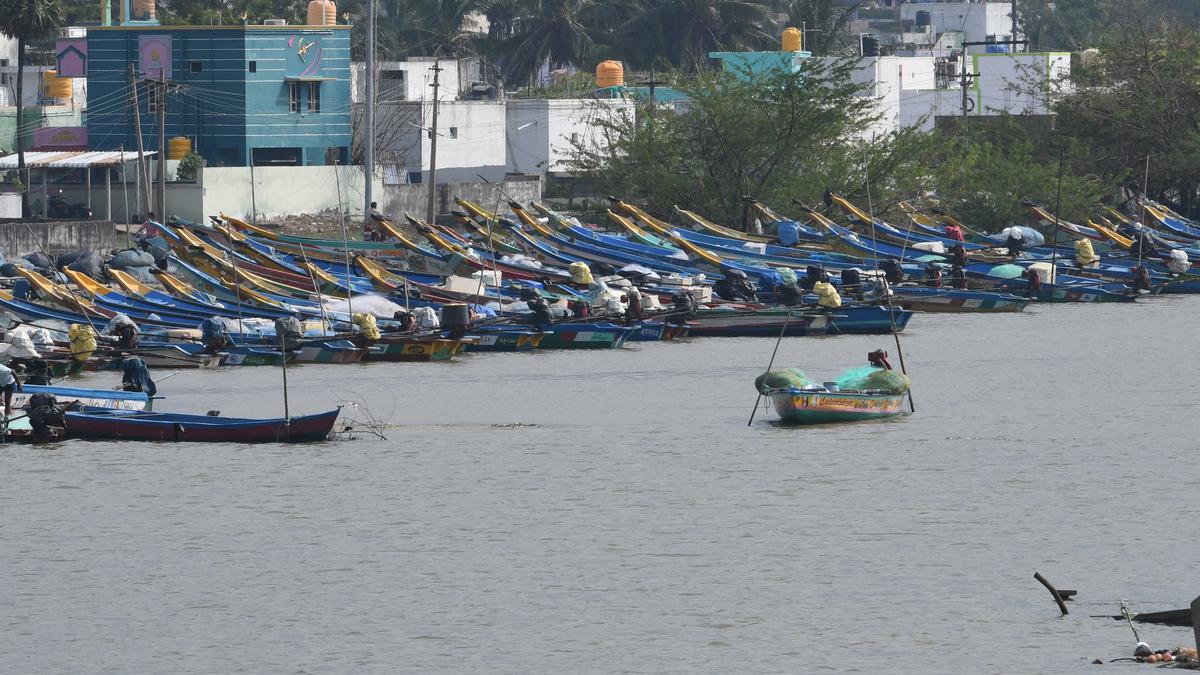
Fishermen find tar balls on Pulicat beaches
The Hindu
Tar balls washing ashore near Pulicat lake, affecting several villages in Tiruvallur district. TNPCB monitoring situation, engineers on site.
For the past two days, tar balls have been washing ashore on the beaches of several villages near Pulicat lake in Tiruvallur district.
Fishermen say since the place is only a few kilometres north of Ennore Creek that has been affected by the oil spill during the recent Cyclone Michaung, the oil was washing up from the sea.
“The leak was noticed only after a day, which means the river would have carried a large quantity of oil into the sea and that was washing back to the shore. Women who went to collect seashells at Koraikuppam had to return empty handed since the tar balls were getting stuck to their palms and feet,” said Vinod of Koraikuppam.
Villages including Koraikuppam, Vairavankuppam, Arangamakuppam, Koonankuppam and Old Sathankuppam have been affected by the tar balls that are also be found near the fish market in Pulicat. “It is coming via inland water sources as well. Even during the oil spill due to the collision of the two ships at Ennore, we had tar balls washing up. But this time the quantity is much more,” said Suman, a resident of Pulicat.
Meanwhile, the Tamil Nadu Pollution Contol Board lifted samples of the water at various locations. Official sources said that engineers have also been monitoring the villages.
Durai Mahendran of Tiruvallur District Traditional United Fishermen Association said that a thin film of oil was found floating on the lake’s waters at some points. “The flow of water into the lake should be monitored and if needed measures should be taken to contain the spread of oil here. Already the lake is dying due to lack of proper exchange of water as the estuaries are blocked,” he said.













